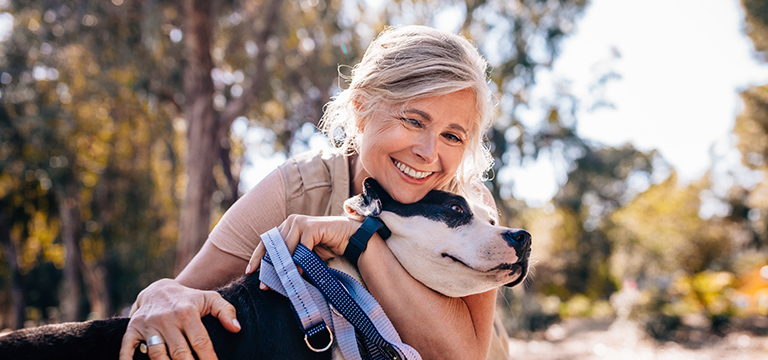Overcoming Loneliness

Loneliness is not defined in one universal way. Most specialists agree that it is a shared human experience caused by an undesired and hurtful emotion that affects mental and physical health. It isn’t always just about being alone. Some people are perfectly happy on their own. The “lonely” tend to be people who report not having strong connections, are isolated or perhaps misunderstood. Recent studies have shown how loneliness can impact immune system functions, sleep quality and up the risk of heart disease.
Loneliness can affect different people at different times. Dark winter days, social isolation and more can cause people of all ages to find themselves in a lonely state of mind. The tools and ideas outlined below can help you feel better equipped to handle loneliness when it strikes.
Acknowledge your feelings
Individualism and self-sufficiency are a big part of our societal norms. These can potentially cause people to become isolated. Or they may not acknowledge loneliness when they feel it. Once you can recognize this feeling, you can then learn how it affects your health as well as your behavior. If you know you’re feeling lonely, you can take action and respond to that feeling. Try forming and strengthening connections with others. That can be talking or interacting more with friends and family. Or consider volunteering for a cause or something you enjoy.
Take a break from social media
Social media can seem like a quick and easy fix when you’re feeling lonely. Unfortunately, it can also offer an illusion of connectedness. According to a 2017 study, social media users reported feeling more isolated than peers who dedicated little time to online networks. Look to form a true support network outside of computers and devices.
Find comfort in furry friends
Sometimes human contact just isn’t available. Enjoying the presence of a pet can be an effective solve. A recent study found that owning a dog can actually help to reduce the risk of premature death. This is especially true for people who live alone. They’re the group that’s most at risk of experiencing debilitating loneliness. Taking pets out for a walk or to the vet can help promote a more active lifestyle. It can also provide an opportunity to meet new people. Not ready to take on your own pet? Volunteering at an animal shelter or looking after the pets of friends can help you enjoy the same benefits.
Redefine “me time”
If you can’t escape being alone, reframe that experience in a way that works to your advantage. If you find yourself in solitude, use that time to get to know yourself better. You can practice self-care and develop new skills or improve old ones. One study found that “acceptance and reflection” are some ways you can turn the negative impact of loneliness into a more positive attitude.
Your mental and physical health is important. You can get ongoing support for depression, substance use disorder, grief and more through behavioral health services.


